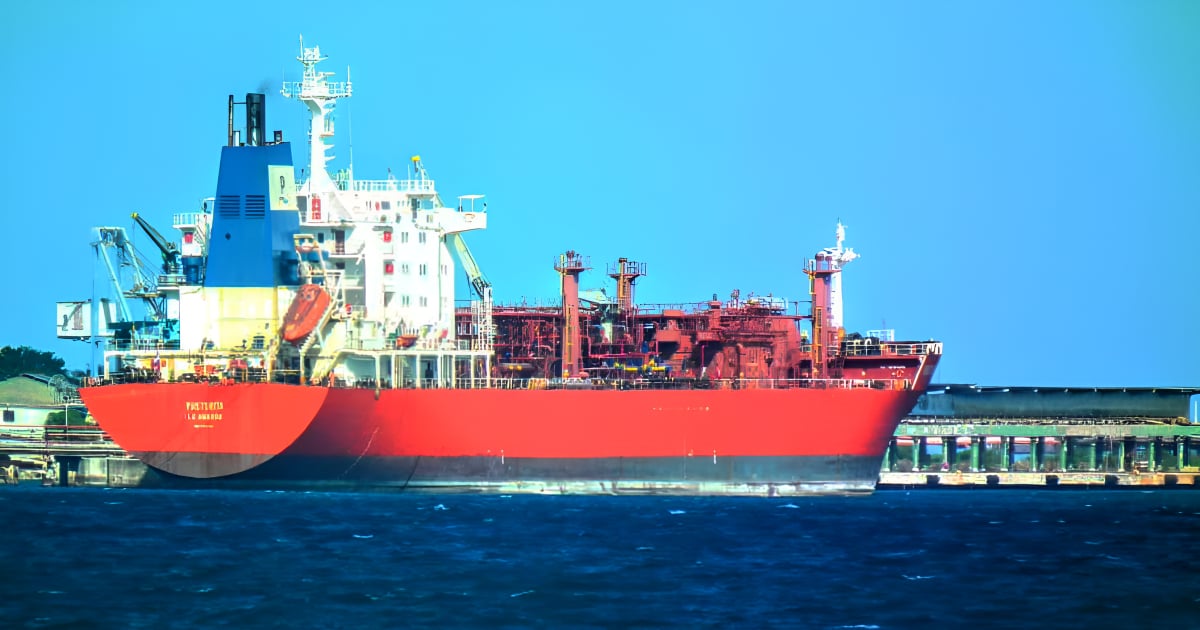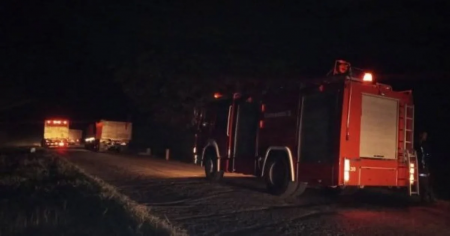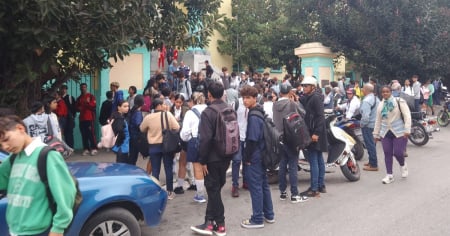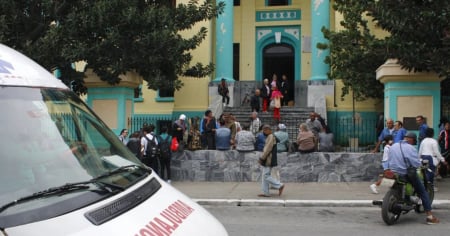
Related videos:
A liquefied petroleum gas (LPG) tanker arrived at the port of Matanzas on Monday morning, according to the CUPET Marketing Company of Matanzas.
This arrival will allow the resumption of the distribution and marketing of gas to the population, a measure anticipated by many due to the acute and ongoing shortage of the product.

In statements to the official media Girón, Jorge Luis Lemus Gil, head of the area at the Territorial Directorate of the Fuel Marketing Company in Matanzas, explained that the unloading of LPG has already begun and that, in the first instance, priority will be given to individuals who did not receive the supply between January and September 2024.
Subsequently, consumers who purchased the product starting in October will be attended to. Lemus Gil emphasized that the amount of gas received will allow for servicing a larger number of customers and that the distribution of 200 cylinders per sales point will be maintained, rotating between the municipalities of the province.
However, the online sales option will not be reactivated for the moment, although specialists at the Matanzas Fuel Marketing Company are working to restore this service that is highly demanded by the public.
The company urged the residents of Matanzas to maintain discipline during the sale of cylinders at the various points of sale, with the support of CUPET groups and community leaders.
This situation is part of a broader energy crisis that has affected the Cuban population in recent months. The tanker docked in Matanzas is the Pastorita, built in 1994 and currently sailing under the flag of Cuba.
Since October 2024, the shortage of liquefied gas has affected more than 100,000 households in provinces such as Matanzas, where demand far exceeds the current distribution capacity.
Authorities have tried to prioritize the delivery to those who have been without supplies for the longest time, but this measure barely alleviates the frustration of a population that depends on gas for basic tasks.
Due to the lack of LPG, many Cubans have turned to traditional cooking methods, such as using firewood and charcoal. This practice not only represents a setback in terms of quality of life but also poses risks to health and the environment.
In October 2024, in the province of Granma, authorities distributed firewood to the population due to the shortage of coal and gas, highlighting the extent of the energy crisis the country is facing.
The situation has worsened with frequent power outages and a lack of fuel, leading to long lines and heightened tensions in the daily lives of the population. In Santiago de Cuba, for example, it is common to see dozens of people standing in line since dawn at various distribution points to obtain a "balita" of gas.
The arrival of this ship carrying LPG provides temporary relief, but the energy crisis in Cuba remains a significant challenge.
The dependence on imported fossil fuels, aging infrastructure, and lack of investment in renewable energy are factors contributing to the ongoing instability in the country's energy supply.
Filed under:






